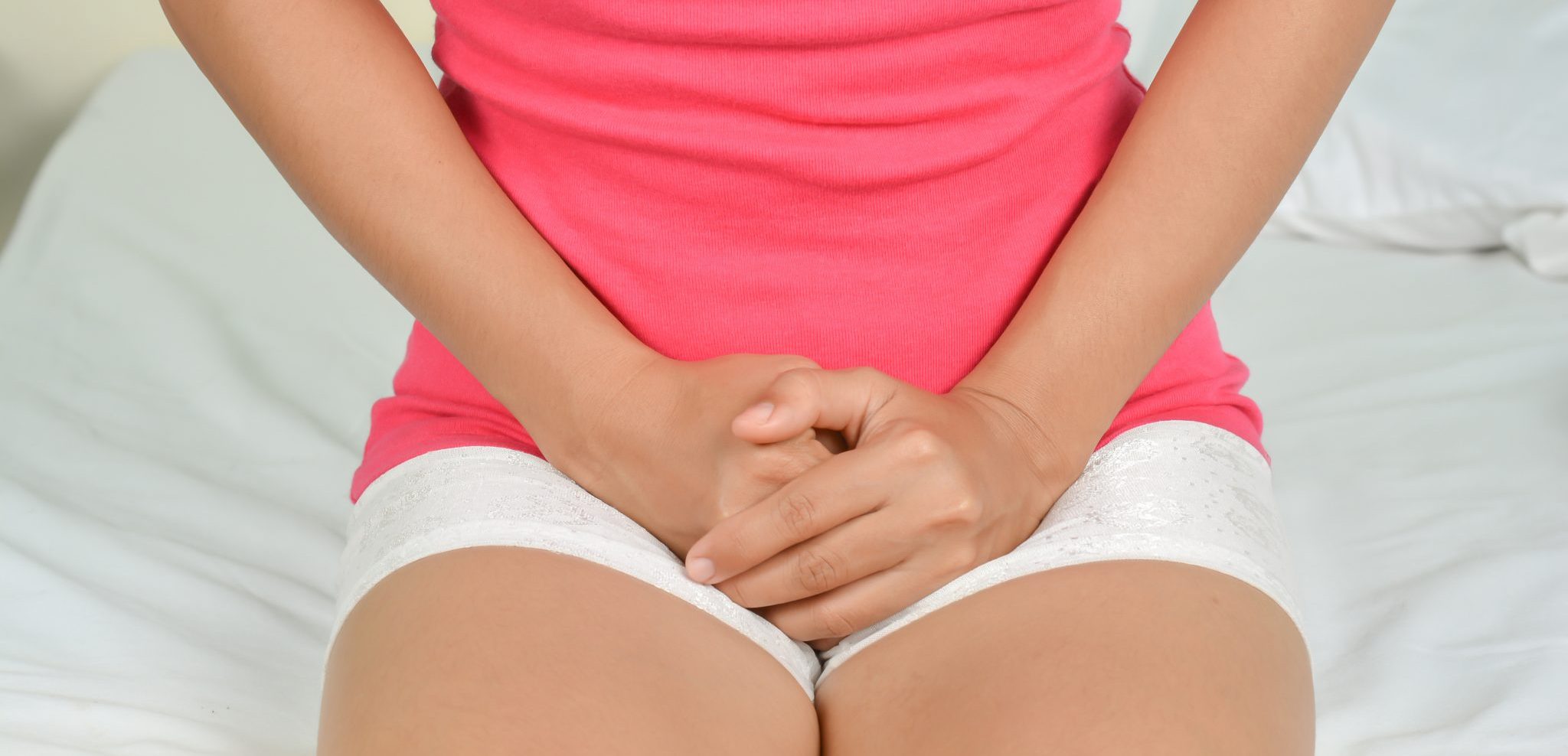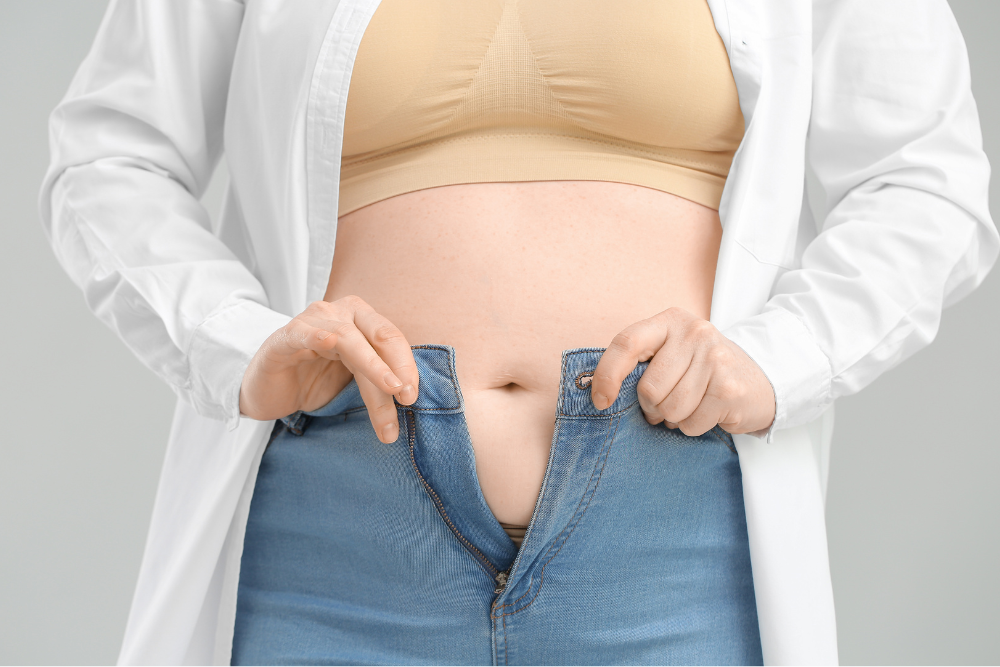Losing weight during menopause can be challenging but achievable. This article provides simple tips for women going through menopause to shed extra pounds. We’ll discuss the importance of a balanced diet rich in fruits, vegetables, and lean proteins, and the role of regular physical activities like walking, yoga, or strength training. We’ll also highlight the significance of staying hydrated and getting enough sleep, as these factors greatly influence metabolism and appetite. Our guide aims to offer practical and manageable ways for women in menopause to maintain a healthy weight and feel their best.

Contents
How To Lose Weight In Menopause?
Losing weight during menopause can be challenging, but it’s achievable. Here are some tips that can help:
1. Diet:
- Focus on whole, unprocessed foods: Eat plenty of fruits, vegetables, and whole grains. These foods are low in calories and high in nutrients, which will help you feel full and satisfied.
- Choose lean protein sources: Protein helps to build and maintain muscle mass, which can help boost your metabolism and burn more calories. Good choices include fish, poultry, beans, and lentils.
- Limit unhealthy fats: Saturated and trans fats can contribute to weight gain and other health problems. Choose healthy fats instead, such as those found in avocados, nuts, and olive oil.
- Reduce your intake of added sugar and refined carbohydrates: These foods can cause spikes in blood sugar levels, leading to cravings and overeating. Limit your intake of sugar-sweetened drinks, processed snacks, and white bread and pasta.
- Drink plenty of water: Water helps to keep you hydrated and can also help to curb your appetite. Aim to drink eight glasses of water per day.
2. Exercise:
- Get regular exercise: Aim for at least 150 minutes of moderate-intensity exercise per week, such as brisk walking, swimming, or biking. You should also strength train two or three times per week to build muscle mass.
-
Find activities you enjoy: You’re more likely to stick with an exercise program if you enjoy it. Try different activities until you find something you like.

-
Be patient: It takes time to lose weight and see results. Don’t get discouraged if you don’t see results immediately. Just keep at it and you will eventually reach your goals.
3. Lifestyle:
- Get enough sleep: When you’re sleep-deprived, your body produces more of the stress hormone cortisol, which can lead to weight gain. Aim for 7-8 hours of sleep per night.
- Manage stress: Stress can also lead to weight gain. Find healthy ways to manage stress, such as yoga, meditation, or spending time in nature.
- Talk to your doctor: If you’re struggling to lose weight on your own, talk to your doctor. They can help you create a safe and effective plan for reaching your goals.
What causes menopause weight gain?
Here are some key factors that cause menopause weight gain:

- Fluctuating Hormones: Fluctuating hormone levels, particularly estrogen and progesterone, can affect your metabolism and lead to weight gain. These hormonal changes can result in increased appetite, particularly for high-calorie foods, and a tendency for your body to store more fat around your belly.
- Slowing Metabolism: As you age, your metabolism naturally slows down. This means that your body burns fewer calories at rest, making it easier to gain weight. Combine this with the hormonal changes of menopause, and it becomes even more challenging to maintain a healthy weight.
- Loss of Muscle Mass: With age and hormonal changes, there is a natural decline in muscle mass. Since muscles burn more calories than fat, a reduction in muscle mass can further contribute to weight gain during menopause.
- Lifestyle Factors: Menopause often coincides with other lifestyle factors that can contribute to weight gain. These may include a decrease in physical activity, poor sleep quality, increased stress levels, and a tendency to indulge in comfort foods.
How Does Menopause Affect Weight Gain?
Here’s how menopause can impact weight gain:
- Fluctuating hormones: Hormonal changes, such as a decrease in estrogen levels, can affect your metabolism and lead to weight gain. Estrogen plays a crucial role in regulating body weight, and its decline can result in increased fat storage, especially around the abdominal area.
- Slowing metabolism: As you age, your metabolism naturally slows down. This means your body burns fewer calories, making it easier to gain weight and harder to lose it. Combined with hormonal changes, this can contribute to weight gain during menopause.
- Loss of muscle mass: Another factor that can affect weight gain during menopause is the loss of muscle mass. Muscle burns more calories than fat, so when you lose muscle, your metabolism slows down even further. This can make it more challenging to maintain a healthy weight.
- Lifestyle factors: Lifestyle choices also play a significant role in menopause-related weight gain. Poor eating habits, a sedentary lifestyle, and increased stress levels can all contribute to weight gain. Emotional eating and cravings for unhealthy foods may also be more common during this time.
Frequently Asked Questions
What is the best diet for a menopausal woman to lose weight?
A low carb diet is recommended for menopausal women to lose weight. Studies have shown that postmenopausal women on a low carb diet can lose significant body fat and inches from their waist within 6 months.
What is the best supplement for menopause weight gain?
Estroven® Menopause Relief Weight Management is a recommended supplement for menopause weight gain. It contains a proprietary ingredient, CQR-300®, which helps manage weight by addressing serotonin levels.

Hello, I’m Ravindra. Over the years, I’ve immersed myself deeply into the world of fitness and health, transforming both my body and mind. Writing has allowed me to share my journey, insights, and expertise with those just starting out and seasoned fitness enthusiasts alike. Beyond just routines and diets, I believe in inspiring others to adopt a holistic approach to well-being.
